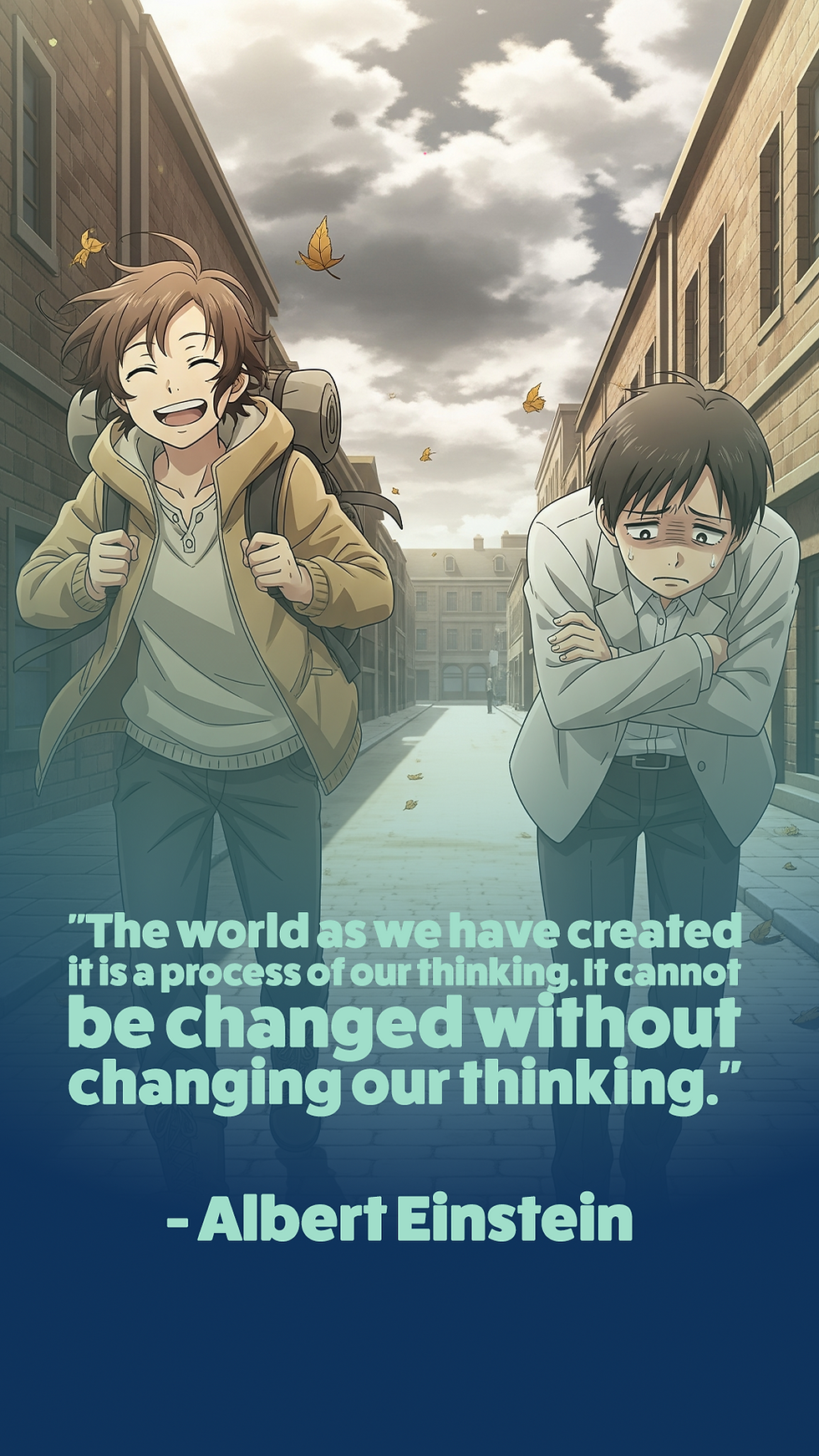How to Bounce Back: Cultivating Resilience and Embracing Failure as a Key to Success
- DRNKN WZRD

- Jan 26, 2025
- 3 min read
Updated: Jan 27, 2025
Failure can feel like a dark cloud hanging over our dreams. However, it is crucial to see failure not as an overpowering enemy but as an essential stepping stone toward success.
By building resilience and reframing failure as an opportunity to learn, we can turn setbacks into growth.
Understanding the Inevitability of Failure
Before anything else we should recognise this key truth: failure is a part of life. Whether in our personal, professional, or creative pursuits, everyone encounters setbacks. For example, statistics show that about 20% of new businesses fail within their first year, while 50% do not survive beyond five years. This reality highlights a shared experience of failure, emphasising that it is not only common but also a vital aspect of growth.
Lewis Hamilton, 7x Formula 1 Driver's Champion and the sports statistically most successful driver , noted, "Failure is 100% necessary for greatness, to achieve greatness, to have success you have to fail as many times as possible, so don't shy away from it" His words cement to us that failure is an essential piece of our journey to greatness.
Recognising failure as a shared human experience can relieve the pressure we often place on ourselves. Remember, failure is not our enemy but can become our greatest teacher.
The Power of Response
The key difference between those who succeed and those who feel defeated is their reaction to failure. It’s not the failure itself that shapes the future, but how we respond to it. When setbacks occur, we can choose to either dwell on our missteps or rise, learn, and adapt.
Pharrell Williams, an artist and entrepreneur, stated, "You have to fail in order to know what not to do the next time.” This perspective encourages us to shift our focus from personal failures to learning.
Strategies for Cultivating Resilience and overcoming failure
Shift Your Mindset
To build resilience, start by changing your mindset toward failure. See it as a chance to grow rather than a blow to your self-esteem. Reinforce this perspective with positive affirmations, reminding yourself that each setback holds a lesson.
Practice gratitude. Document lessons learned from your failures, no matter how small. For example, someone who struggled with public speaking might note that practicing speeches can build confidence, even after a rocky presentation.
Set Realistic Goals
Setting realistic, achievable goals helps sustain motivation after a setback. Break larger ambitions into smaller, manageable tasks. For instance, instead of aiming to write an entire book, set a goal to write 500 words each day. Celebrate these small victories to foster motivation and a sense of accomplishment.
Keep track of your progress, as this will allow you to see how far you've come, even in the face of challenges.
Learning from Failure
Analyze Your Setbacks
After experiencing failure, take the time to analyse the situation. What contributed to this setback? What can be learned from it? Gathering constructive feedback is crucial for personal development. Ask yourself and others for honest insights about your methods. This analysis can reveal valuable lessons that inform your next steps.
Maintain a Growth Mindset
Adopt a growth mindset, a concept introduced by psychologist Carol Dweck, which emphasises that abilities can be cultivated through effort and learning. Rather than viewing setbacks as indications of inability, recognise them as evidence that you are pushing beyond your comfort zone and acquiring new skills.
The Importance of Persistence
Keep Going
Resilience is not only about bouncing back from failure—it’s also about persistence. When faced with challenges, remind yourself of your goals and aspirations.
Persistence is often the factor that differentiates those who achieve their dreams from those who give up. J.K Rowling was turned down by 12 publishers for Harry Potter, Squid Games was rejected by studios for 10 years before Netflix took the risk. You only need to succeed once.
Final Thoughts
Cultivating resilience and shifting your perception of failure, will significantly impact your personal and professional life. Embrace the lesson from failures, analyse your setbacks, and persist through challenges.
Allow each failure to act as a stepping stone, fostering growth and resilience. With every obstacle you face, let your response shape your future. Failure is not the end; it serves as an opportunity for growth.
So, take those leaps of faith, embrace the falls, and bounce back with renewed strength and determination!





Comments